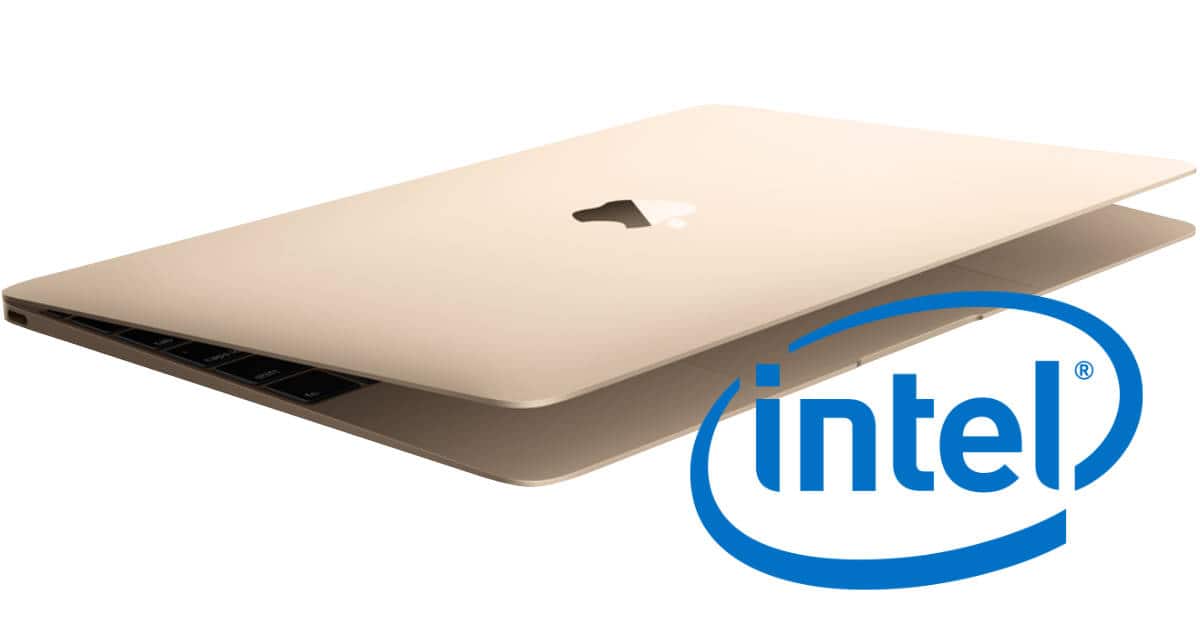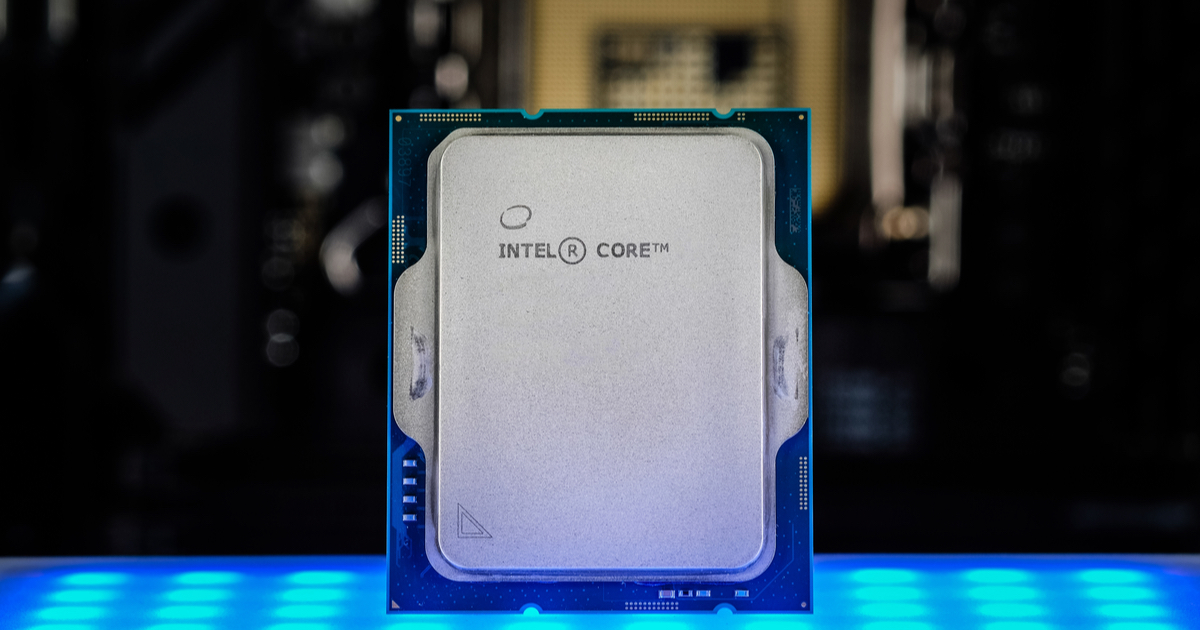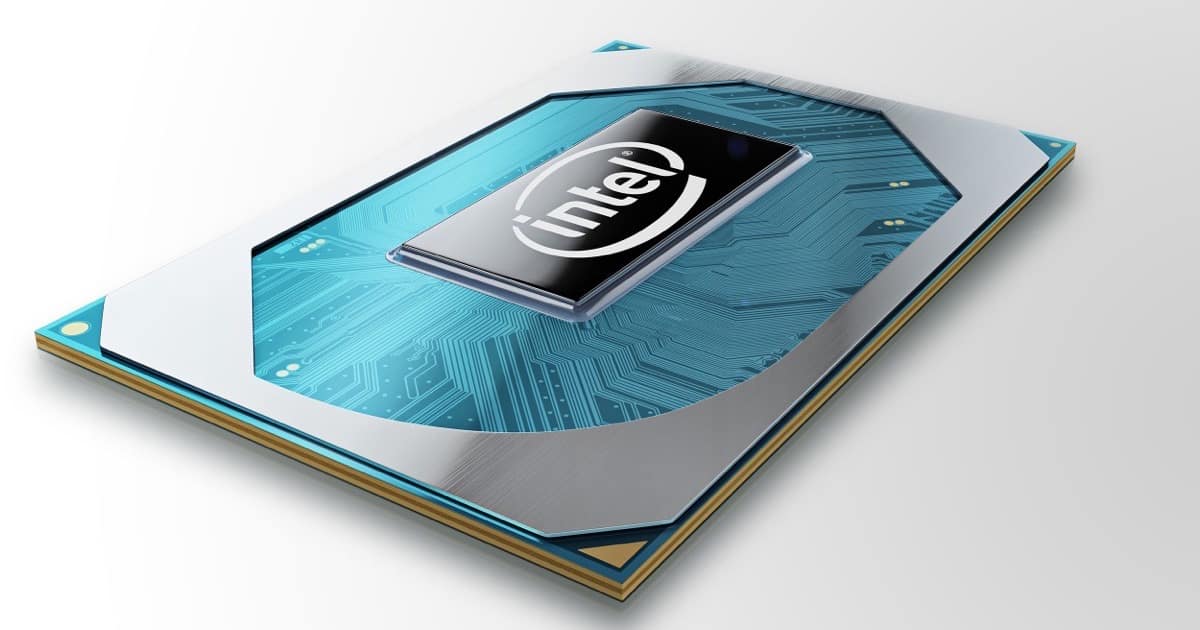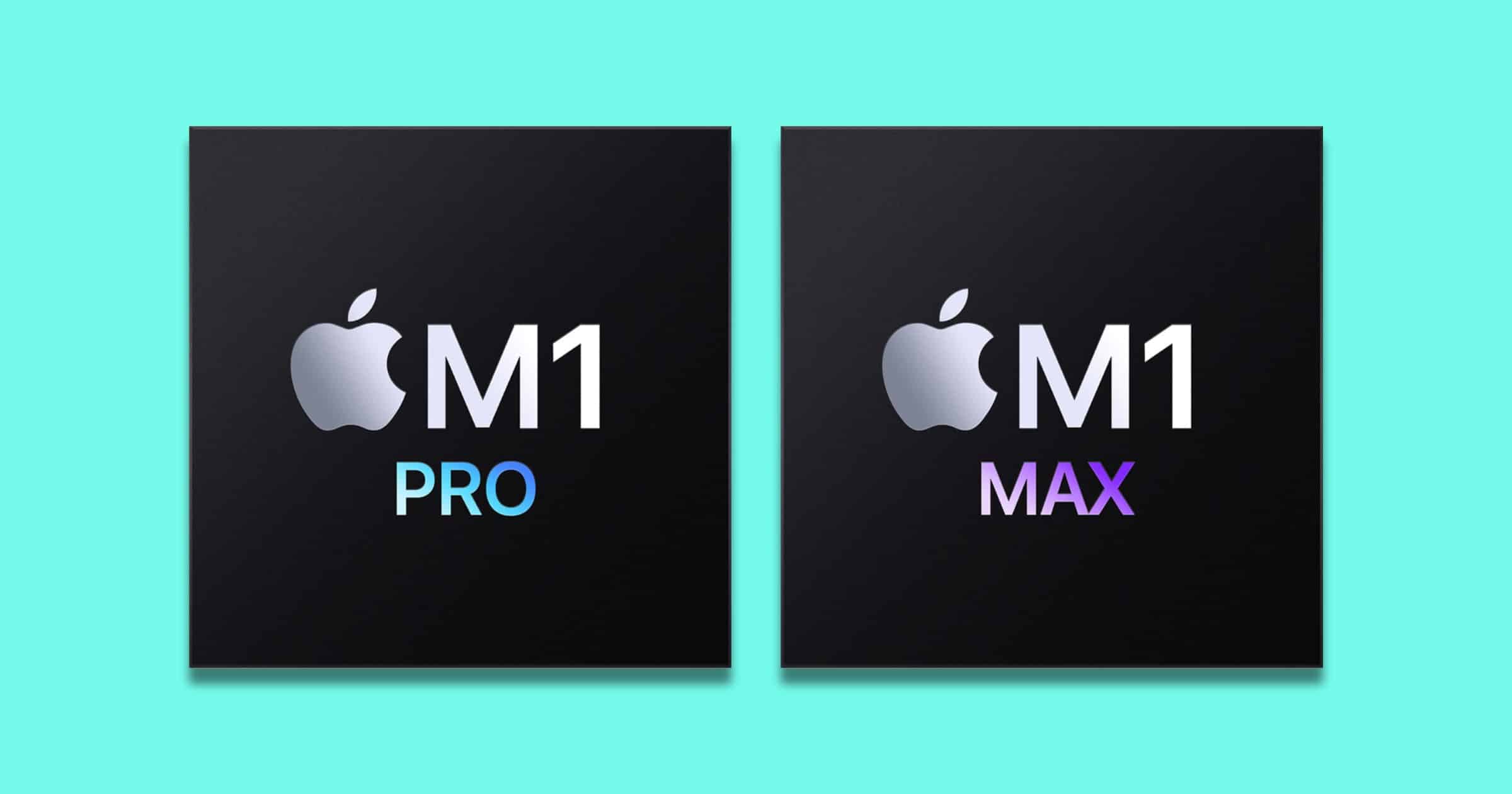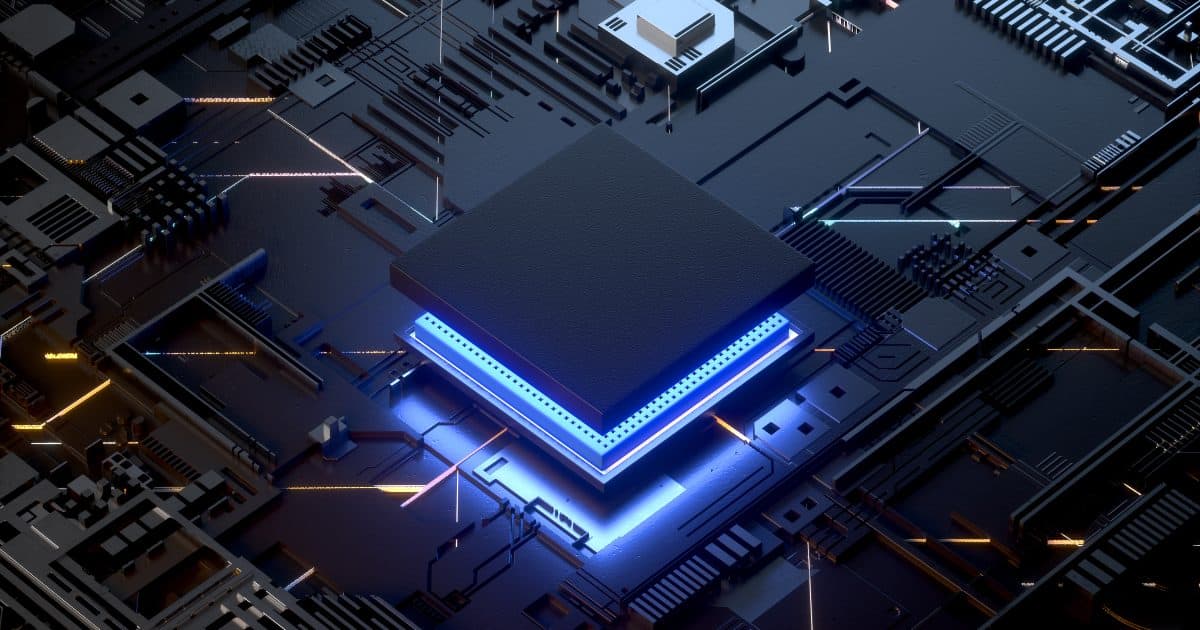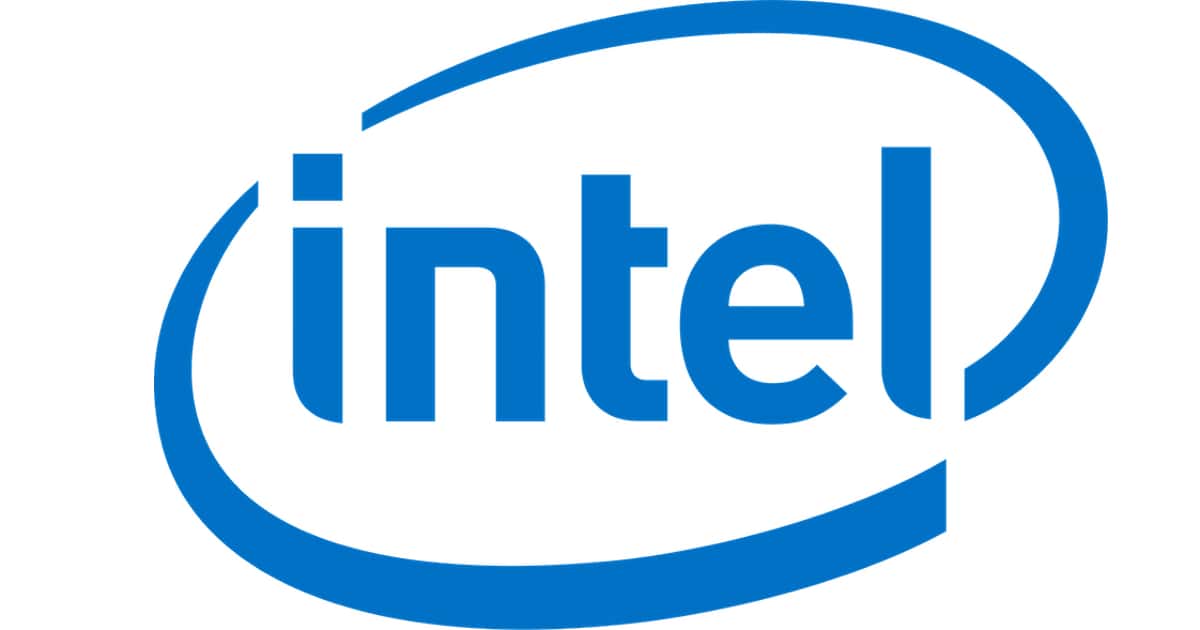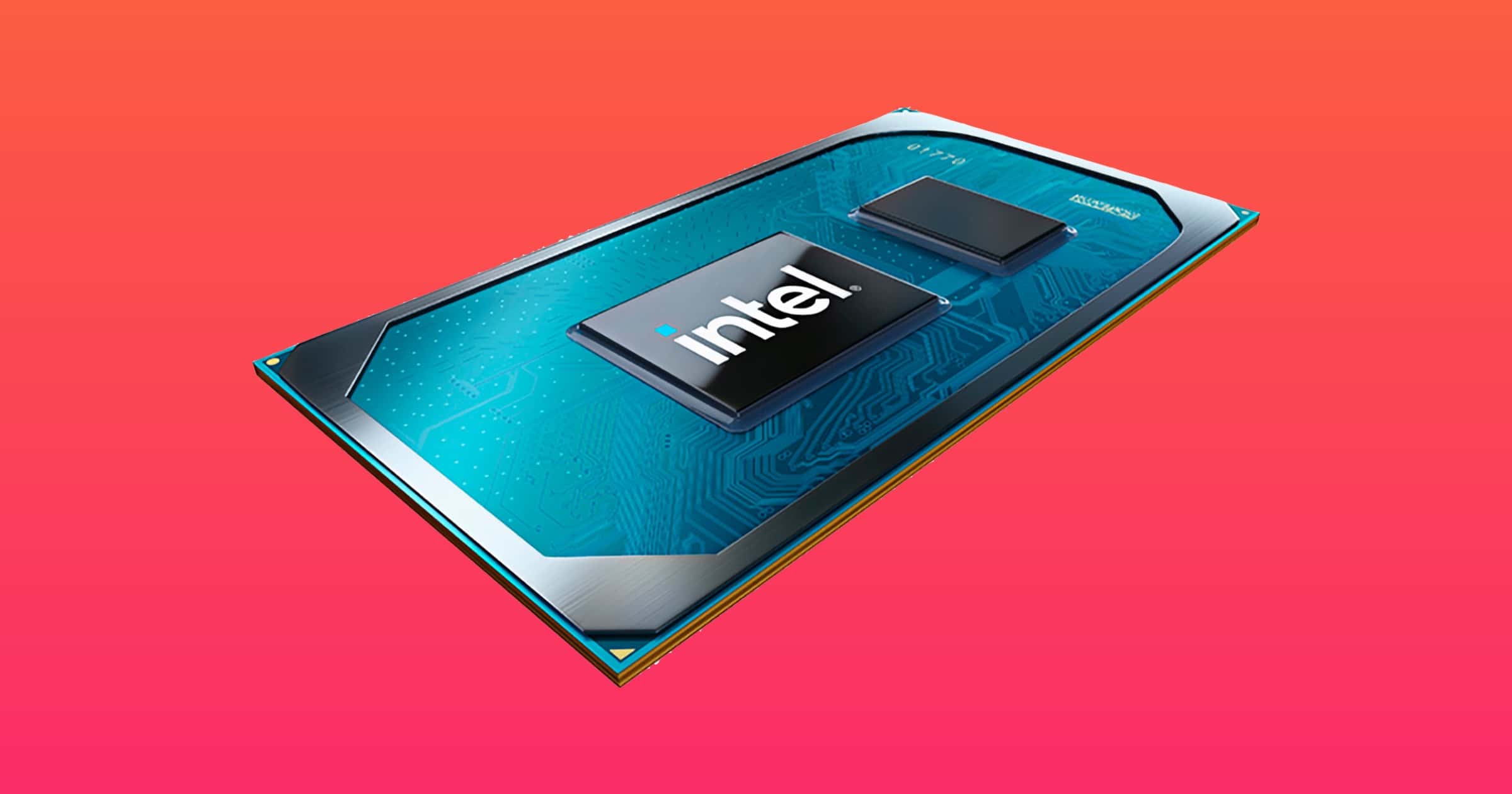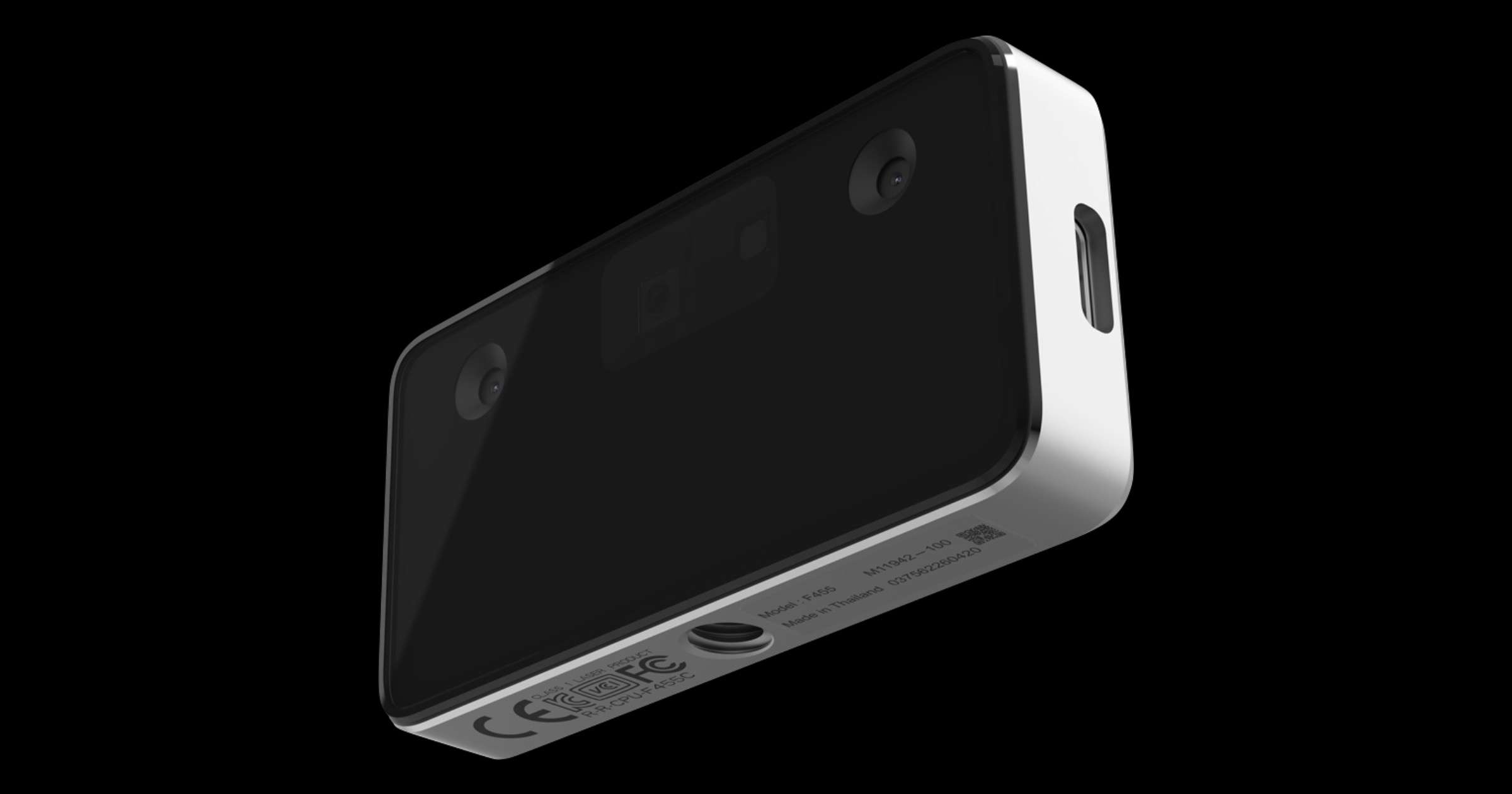Intel
M2 Mac Pro VS Intel Mac Pro: What's Worth Your Money?
Trying to decide between the 2023 M2 Mac Pro and the Intel-based Mac Pro? Let’s explore the differences and see who’s the winner.
New Macs: From Rumor to Reality - TMO Daily Observations 2023-01-18
Monday’s rumors of new Macs were spot-on. TMO Managing Editor Jeff Butts and Ken talk over the new machines Apple introduced on Tuesday. Plus – as far as Apple’s concerned, an Intel-based Mac Pro is not worth what it used to be (nor what it still costs).
Protests in China and Chipmaking in Arizona - TMO Daily Observations 2022-11-28
“iPhone City” isn’t the only city in China seeing protests. TMO Managing Editor Jeff Butts joins us to talk societal issues, Foxconn issues, and issues for Apple investors. Then, a Mailbag Monday question from Johnny: If chipmaking needs water, why are chipmakers going to Arizona?
North Korean Lazarus Hackers Targetting Mac Users with Fake Job Ad
North Korean Lazarus hackers are targeting Mac users by posting job ads for Coinbase containing malicious files that can compromise Macs.
Intel’s Planned M1-Killer May Arrive Too Late
Intel has plans for an M1-killer CPU, beating Apple Silicon in both performance and efficiency, but it’s liable to come too late.
Intel Expands Bug Bounty Program With Project Circuit Breaker
Project Circuit Breaker is an expansion of Intel’s bug bounty program that hosts targeted time-boxed events on specific new platforms.
Apple M1 Max vs Intel Alder Lake Core i9 - Who Wins?
Benchmarks are out for Intel’s Alder Lake Core i9 chip. The raw numbers look like a win for PC users, even when compared with Apple’s M1 Max. However, as Macworld pointed out, there is a bit more to consider when making comparisons.
Geekbench 5’s OpenCL graphics benchmark results look dramatic. The PC laptops PCWorld tested have expensive discrete GPUs that offer peak performance, and it shows in the results. But a more applicable comparison is to examine the results for the integrated GPUs. In this case, the M1 Max and its 32-core GPU posts a 183 percent increase over the Alder Lake’s integrated GPU, an Iris Xe.
Intel Plans Ohio Factory for Semiconductor Fabrication
Intel plans an Ohio factory that will include at least two chip fabs on the 1,000-acre site. Construction will begin in 2022.
Intel 12th-Gen Chips Can't Play 4K Blu-Ray Disks
Intel 12th gen chips don’t support Software Guard Extension (SGX). This means PCs with these chips can’t play Blu-ray disks in 4K resolution.
Key Apple Silicon Director Rejoins Intel
A key figure in the development of Apple Silicon, Jeff Wilcox, has left Cupertino and is returning to his previous employer, Intel.
Here's What Coinbase and Intel Think About the 'Metaverse'
“The Metaverse” has been hyped in the news recently by companies such as Facebook/Meta. Brian Armstrong, CEO and cofounder of crypto exchange Coinbase, as well as Raja Koduri, Senior vice president and General manager of the Accelerated Computing Systems and Graphics Group at Intel, both recently shared their thoughts.
From Mr. Koduri: “Truly persistent and immersive computing, at scale and accessible by billions of humans in real time, will require even more: a 1,000-times increase in computational efficiency from today’s state of the art.”
From Mr. Armstrong: “The Metaverse is the distant evolution of Web3. In its most complete form, it will be a series of decentralized, interconnected virtual worlds with a fully functioning economy where people can do just about anything they can do in the physical world.”
Intel Stockpiles Legacy Hardware for Security Research at Costa Rica Facility
The Wall Street Journal reports that Intel has a facility in Costa Rica where it stores legacy hardware for security research.
Intel’s issue reflects a wider concern: Legacy technology can introduce cybersecurity weaknesses. Tech makers constantly improve their products to take advantage of speed and power increases, but customers don’t always upgrade at the same pace. This creates a long tail of old products that remain in widespread use, vulnerable to attacks.
Intel Chip Flaw Lets Attackers Install Malicious Firmware to Bypass Security
A flaw found within certain Intel chips lets an attacker with physical access to the install malicious firmware onto the system.
Martellaro Mondays: M1, Mac Pro, More M Words – TMO Daily Observations 2021-10-25
John Martellaro joins host Kelly Guimont to discuss the new processors and how John might have a worthy successor to his Mac Pro.
Intel Shows Off New ‘Alder Lake’ Chip Arriving Fall 2021
Intel is releasing its newest chip this fall, and it’s called Alder Lake. Features will include support for DDR5, PCIe Gen5, Thunderbolt 4, and Wi-Fi 6E.
'Competitive Fun Going on With Apple', Says Intel CEO
Intel’s recently installed CEO Pat Gelsinger indicated that he is looking to build bridges with Apple in a new interview.
After Ad Campaign, Intel Launches ‘PC vs. Mac’ Website
After releasing its ad campaign featuring Justin Long, Intel released a “PC vs. Mac” website comparing the platforms. Juli Clover shares:
Intel positions PCs as more “personalized” to fit a user’s “specific hardware and software needs,” while the M1 Macs offer “limited” device support, games, and creation applications. “The bottom line is a PC offers users a choice, something that users don’t get with a Mac,” reads the website.
Notice how all of Intel’s examples are features of Windows, not Intel, a.k.a. actual performance statistics. What a joke.
CES 2021: Intel Reveals New Core i9 ‘Alder Lake’ Chip
Intel revealed its latest Core i9-11900K chip at CES 2021. Called Alder Lake, it uses an improved version of the 10nm SuperFin process.
Intel Releases ‘RealSense ID’ Facial Authentication Technology
Intel released a new technology called RealSense ID on Wednesday. It’s a device for facial authentication that can be used in various devices.
Apple Hires Barbara Whye From Intel as Head of Diversity
Apple has hired Intel’s chief diversity and inclusion officer as its own head of diversity. Barbara Whye will join the company early next year.
To Silicon or Not to Silicon – TMO Daily Observations 2020-11-03
John Martellaro and Dave Hamilton join host Kelly Guimont to discuss Apple’s (likely) Apple Silicon Mac announcement and whether to buy one.
Researchers Extract Intel CPU Encryption Key
Security researchers have successfully extracted the Intel CPU encryption key used to secure updates to the chip.
The key makes it possible to decrypt the microcode updates Intel provides to fix security vulnerabilities and other types of bugs. Having a decrypted copy of an update may allow hackers to reverse engineer it and learn precisely how to exploit the hole it’s patching. The key may also allow parties other than Intel—say a malicious hacker or a hobbyist—to update chips with their own microcode, although that customized version wouldn’t survive a reboot.
Of course, it’s the “other parties” to worry about. The key can be extracted from any chip that uses Intel’s Goldmont architecture. This is used for low-power chips like the Atom, Celeron, and Pentium brands.
Apple Silicon Ruminations – TMO Daily Observations 2020-08-31
John Martellaro and Jeff Butts join host Kelly Guimont to discuss the transition to Apple Silicon and what we might learn from Apple history.
